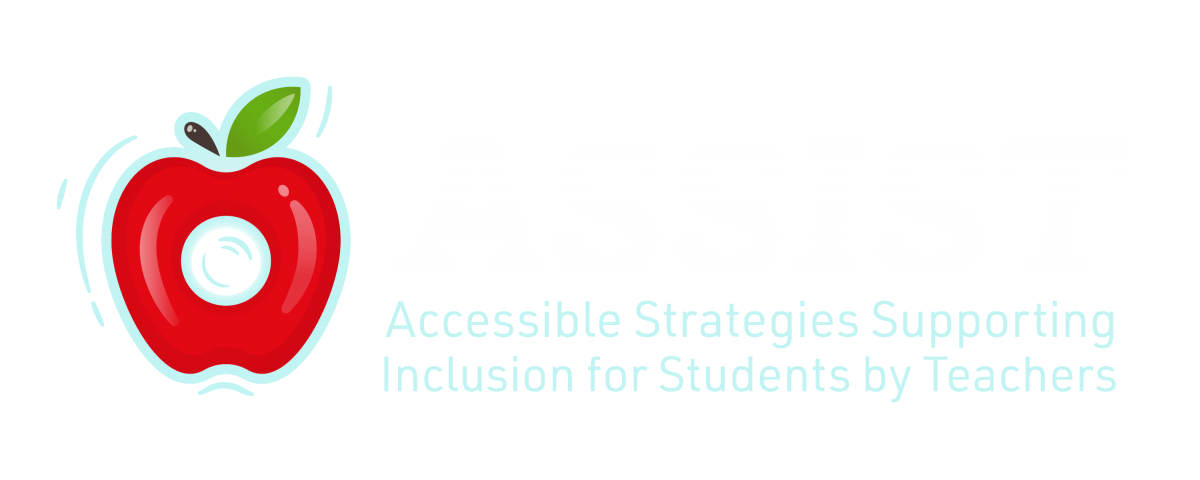![]()
The ASSIST for ASD program is designed to assist classroom teachers in providing evidenced-based interventions for a student in their classroom with ASD. The program focuses on providing a deeper understanding of children with ASD, as well as how to develop and implement a functional behaviour plan in the classroom. Additional supports such as classroom organization, how to help with communication and social challenges, as well as how to address academics are also included.
The ASSIST for ASD Sessions:
Session 1 All About ASD: An overview of ASD and interventions
- All About ASD
- Impact of ASD
- Interventions for ASD
- Self-Care for Teachers & the Team Approach
Session 2 Taking the First Steps: A framework for thinking about behaviour, guidelines for the first steps in developing a functional behaviour plan, and preparationf for school-home communication
- Toolbox Analogy
- Behavioural Change
- ABCs+F Framework
- Developing a ASSIST Support Plan
- Identifying Behaviours to Change
- Collecting Data/Recording Behaviours
- School-Home Communication
- Special Issue - Bullying
Session 3 The Support Plan: Develop and implement a functional behaviour plan
- Developing the First Part of an ASSIST Support Plan
- Reviewing Step 1 (Selecting and Recording Target Behaviours)
- Completing Step 2 (Examining the Data Collected on Target Behaviours)
- Teaching New Skills
- Teaching Replacement Behaviours
- Special Topics - Special Interests in Students with ASD
Session 4 Adding to The Support Plan: Strategies for setting up the classroom to support a student with ASD
- Further Developing the ASSIST Support Plan
- Antecedent Strategies
- The Physical Setting
- Instructional Strategies
- Rules, Routines, and Transitions
- Your Student's ASSIST Support Plan
- Special Topics - Social Scripts/Social Narratives
Session 5 Additional Needs: Characteristics associated with ASD and strategies to support them
- Adding Consequence Strategies to the ASSIST Support Plan
- Strategies to Address Associated Characteristics
- Uneven Profiles
- Concrete Thinking
- Weak Executive Functioning
- Emotional Dysregulation
- Motor Challenges
- Special Topics - Academic Challenges
Session 6 Keep Moving Forward: Information on planning for the future, addressing comorbid disorders, preparing for transitions, and wrapping up the ASSIST program.
- What's Next - How to Continue with the Support Plan
- Transition Planning
- Changing Symptom Presentations
- When is Further Specialized Assessment Needed?
- Helpful Resources
- Celebrating Successes
- Points to Remember
